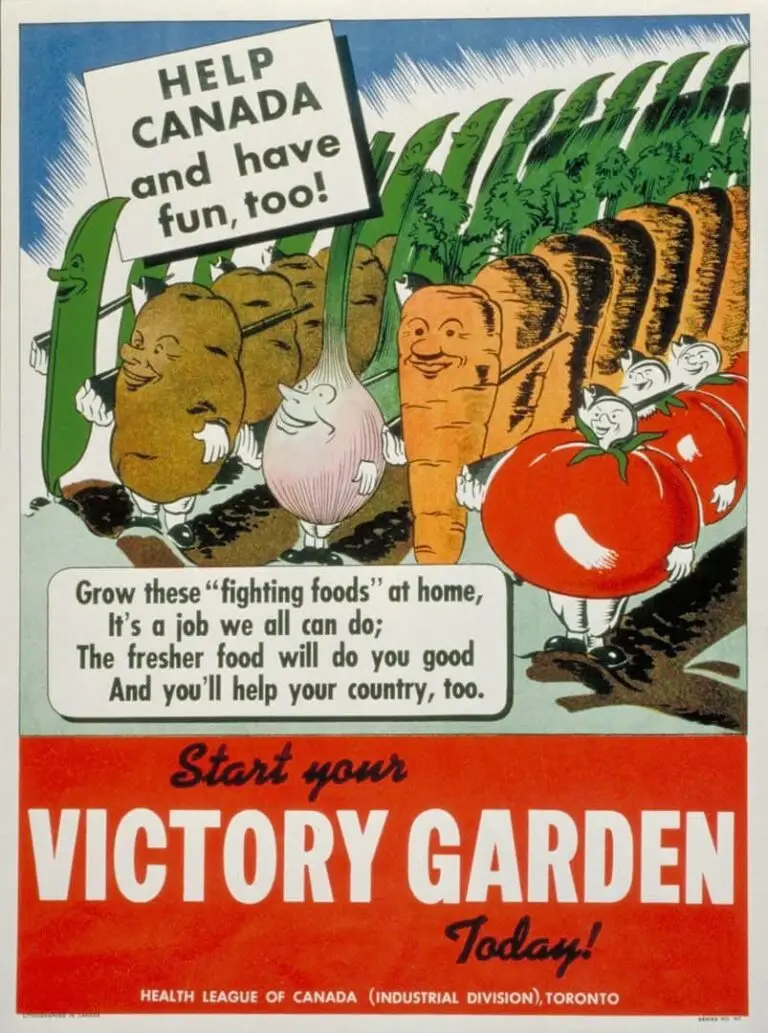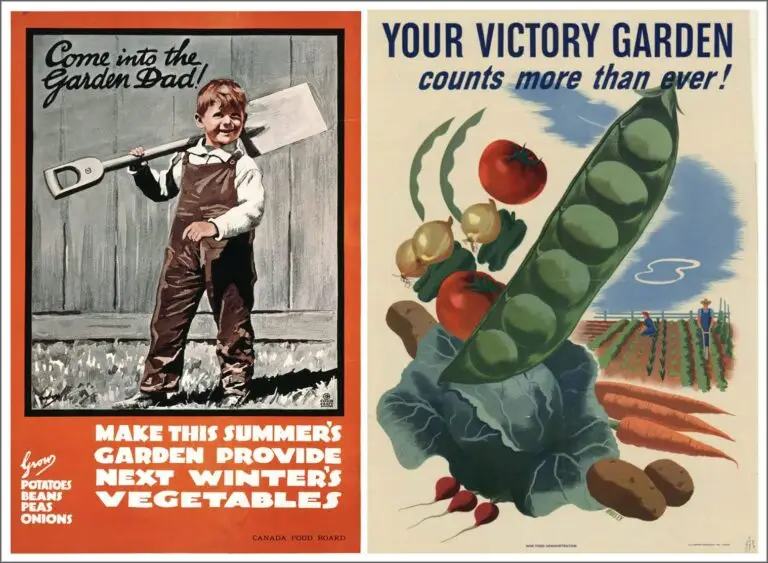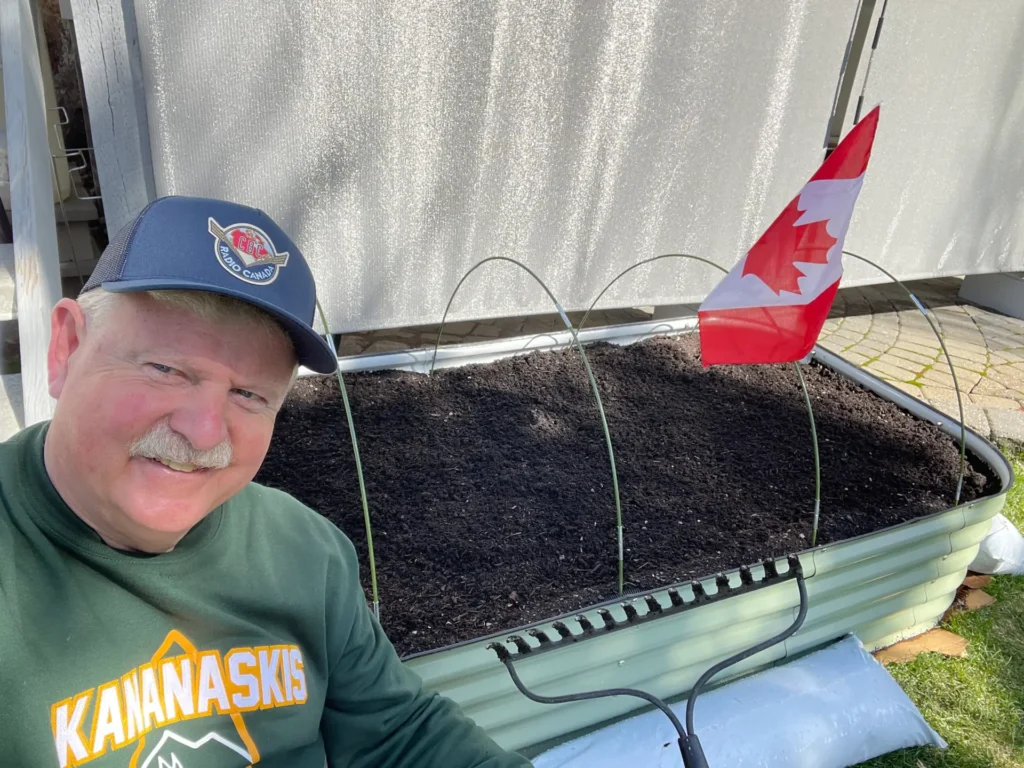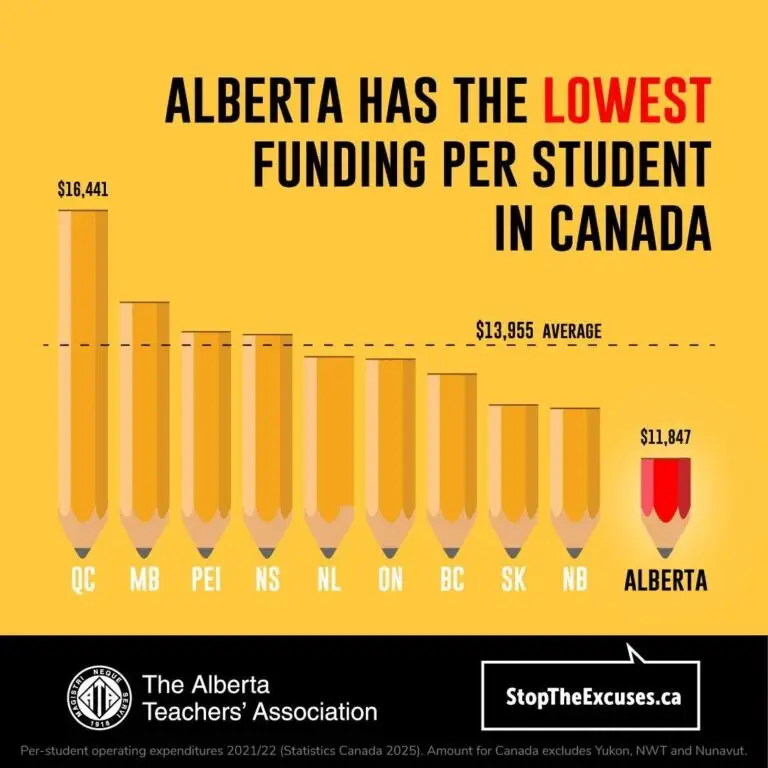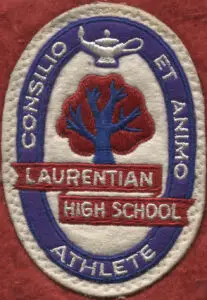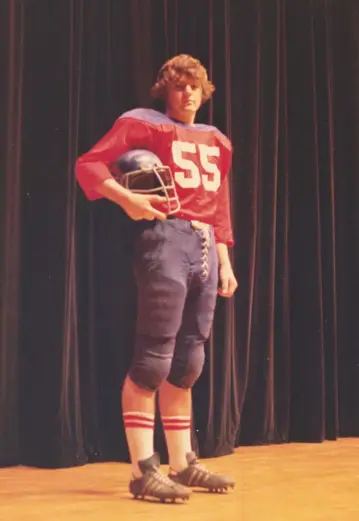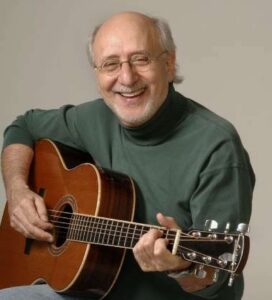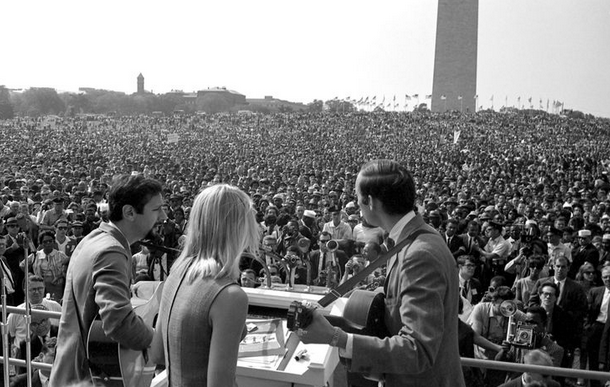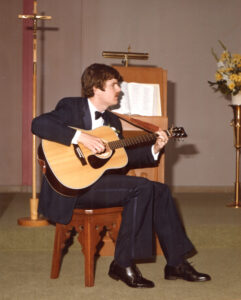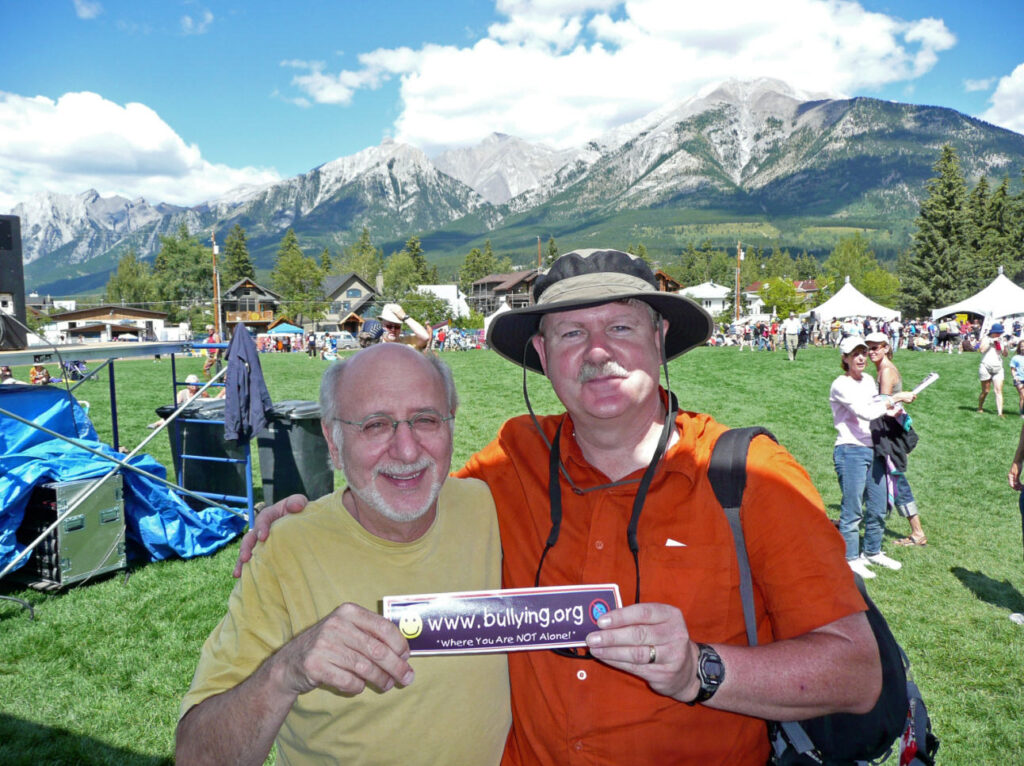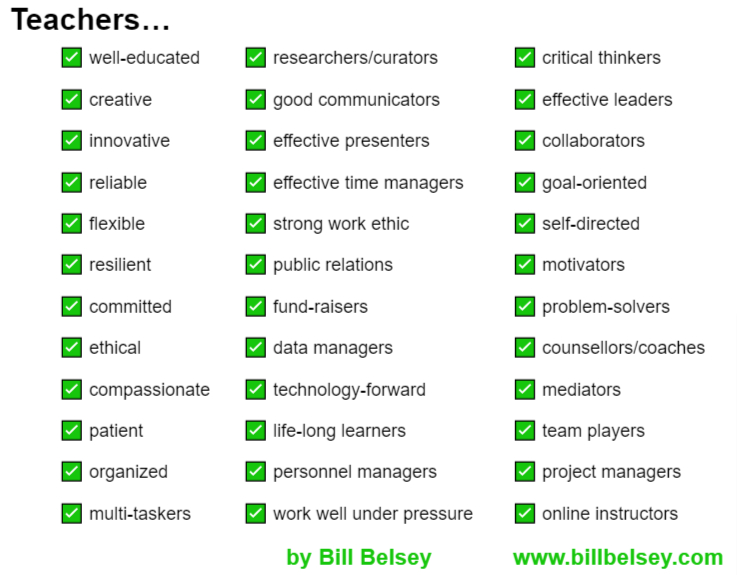Teachers DO NOT WANT TO BE ON STRIKE; they want to be teaching our kids. I know, I’ve been there.
There has been only one province-wide teachers’ strike in Alberta history, which is the current strike beginning in October 2025 involving 51,000 teachers and impacting over 730,000 students across the province. Previous strikes, such as the significant work stoppage in 2002, were large but localized with decisions made at the local level rather than a province-wide coordinated strike. Thus, October 2025 marks the first province-wide teachers’ strike in Alberta.
This fact alone tells you a great deal about where teachers want to be: in their classrooms, helping their students, and certainly not on a picket line.
Striking is the last thing teachers want to do, but they are so angry about how the increased funding to private schools (read businesses) has been steadily funnelling public funds that should be going to public schools.
Public funding for private schools has increased by about 79% between 2020 and 2025, while public education funding rose by only 13% during the same period. This disproportionate growth diverts taxpayer dollars away from public schools, which serve the majority (over 95%) of students, toward a smaller, self-selecting private school population.
The argument that publicly funding private schools benefits society has several significant problems.
Public funding for private schools diverts much-needed resources away from public schools, which serve the vast majority of students (over 90%). This reduces the overall quality and capacity of public education accessible to all.
Private school funding often adds costs rather than reducing them since many private students might not otherwise attend public schools, creating budget shortfalls and inefficiencies.
Private schools are not required to accept all students. Public funding to private schools can therefore deepen inequities in education access.
Unlike public schools, private schools are not mandated to provide special education services or accommodate students with disabilities at the same level, leaving vulnerable students without adequate support.
Private schools that receive public funds often lack the transparency and democratic accountability required of public schools. This raises concerns about how effectively public funds are being utilized and who benefits.
Public schools are subject to rigorous oversight, whereas private schools’ operations and finances remain largely private.
Supporting a parallel private system with public dollars undermines the principle of universal, equitable education as a public good, potentially fragmenting social cohesion and democratic values.
It exacerbates social division by enabling affluent families to access better-resourced options that are unavailable to others, thereby increasing stratification.
As a public school teacher with over forty years of experience, I witnessed firsthand the changes in our classrooms in Alberta. Class sizes became steadily larger, as did the number of students with very complex learning needs. When I began teaching, class sizes of twenty or so students were standard. Now, class sizes of thirty-some to forty-some are often the norm. When I started teaching, you might have had a very small number of students with special needs; now, the number can be at least a third of a class.
Part of this growth can be attributed to immigration, and another part of this was the Alberta Government’s aggressive national “Alberta is Calling” campaign, which offers a one-time refundable tax credit of $5,000 for up to 2,000 eligible individuals in the skilled trades who moved to Alberta. Over the past five years, well over 150,000 Canadians have moved to Alberta from other provinces. The problem was that supporting services, such as education, did not receive an adequate increase in funding to support this emigration.
In March 2020, the Alberta Government announced the province’s largest mass layoff in history, cutting funding for 26,000 educational assistants, bus drivers, substitute teachers, and other support staff. This led to many layoffs across school divisions at that time.
Between September 2010 and 2015, Alberta teachers received cumulative pay increases of around 11%.
Alberta and Canada experienced an approximate 40% rise in living costs since 2010, with Alberta mostly keeping pace with the national trend.
As a result, Alberta teachers have fallen behind by approximately 30% during this time period.
Despite this, teachers often spend considerable sums of their own money to purchase supplies their students need. As a classroom teacher, I was sometimes given a paltry budget of $300 for thirty or more students for the entire school year.
In recent years, the Federal Government, not the Provincial Government, has offered teachers a tax credit of up to $1000 to claim such out-of-pocket expenses. This means that the Federal Government is indirectly subsidizing Alberta schools.
Parents may be shocked to learn that schools no longer purchase textbooks for students to learn from and for teachers to use in the classroom. I would regularly buy novels for my students in my English classes to read.
If the $461 million currently allocated to private school subsidies were redirected entirely to Alberta public schools, it could represent an increase of roughly 4.7% to 5% in public education funding.
Given that the current public school enrollment is approximately 537,678 students, this additional funding would mean that an extra $857 per student could be provided across the public system, potentially funding more teachers, resources, or support.
The extra funds could help address public school challenges, including classroom size, special needs supports, infrastructure expansion, and learning resources.
As funding for public schools continued to be undermined in favour of increased funding for private schools, teachers realized that they could no longer do what they wanted to do: help kids. As a result, teachers are leaving the profession in alarming numbers.
Recent data indicate that a significant number of teachers have left the profession in Alberta. Specifically, about 50% of teachers leave within the first five years of their career, citing workload, lack of support, and systemic pressures. Furthermore, approximately one-third of teachers are considering leaving or retiring early as of 2024–2025.
I have never been an alarmist or given to hyperbole, but I can state without hesitation that the steady syphoning of public funds to private schools (businesses) by the Alberta Government has caused this current crisis in education.
The good news is that a renewed focus on, and proportional funding for, public, not private, education can be changed if parents make their voices heard, NOW!
